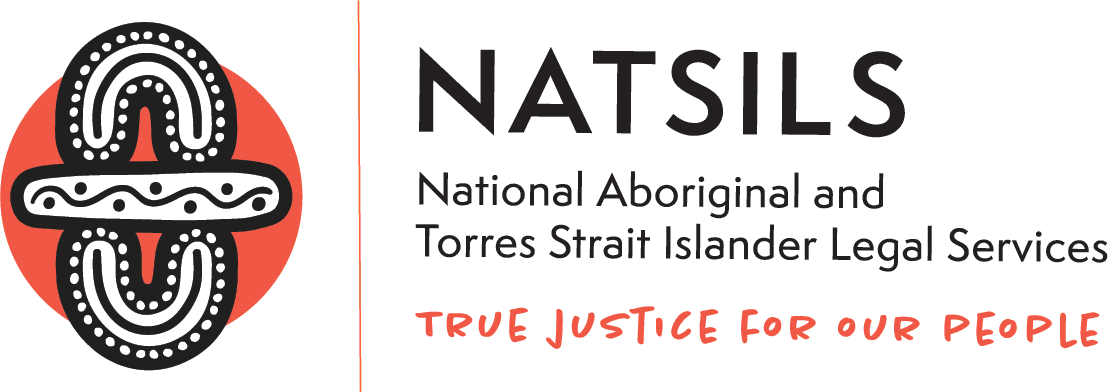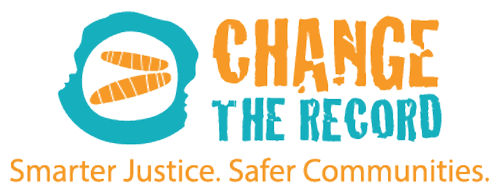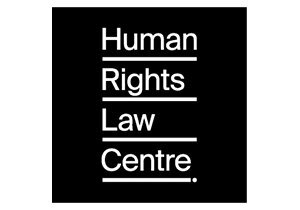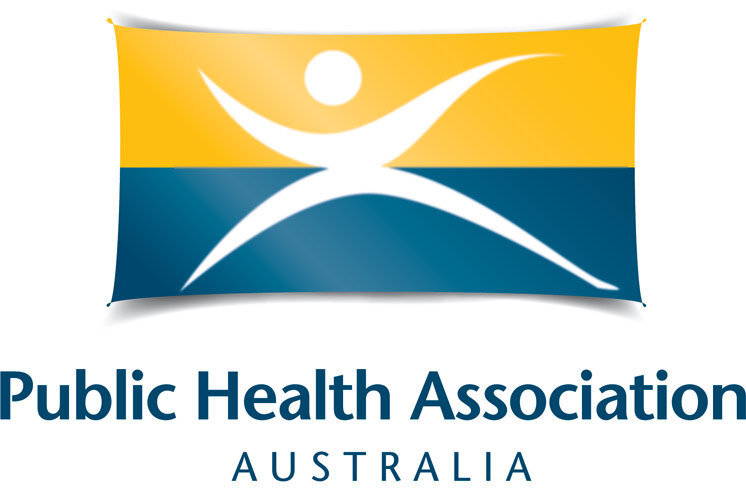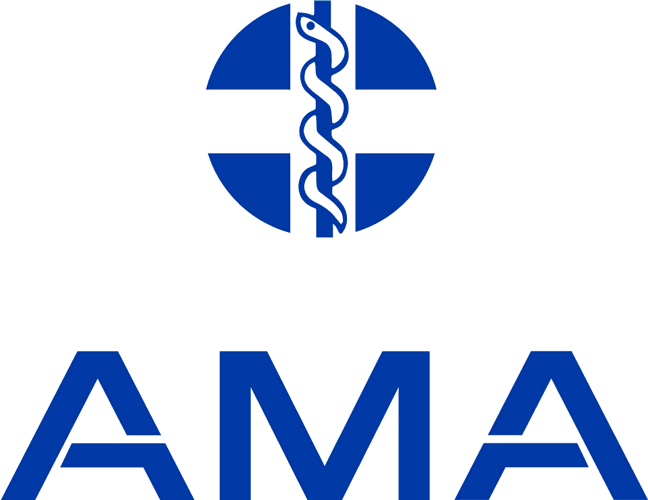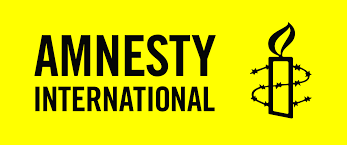Government posturing on age of criminal responsibility condemns more children to prison
Aboriginal-led, medical, legal and human rights organisations have today slammed the Morrison Government’s call to de-prioritise raising the age of criminal responsibility across Australia after more than three years of delays and time-wasting.
In just one year in Australia almost 600 children aged 10 to 13 years are locked and many more are pushed through the criminal legal system. Aboriginal and Torres Strait Islander children are disproportionately impacted, accounting for 65 percent of younger children in prison.
Change the Record, Human Rights Law Centre, National Aboriginal and Torres Strait Islander Legal Services (NATSILS), Public Health Association of Australia, Amnesty International Australia and the Australian Medical Association said the Morrison Government had failed to show leadership on the critical human rights issue, which was highlighted as a major concern at the recent UN review of Australia’s human rights record.
The organisations are calling for urgent law and policy changes to stop the alarming rate at which Aboriginal and Torres Strait Islander children are being imprisoned, including raising the age of criminal responsibility from 10 to at least 14 years.
Meena Singh, Legal Director, Human Rights Law Centre:
“It is deeply disappointing that the Morrison Government continues to play political handball with children’s lives when the expert medical evidence and legal advice are clear that we must raise the age from 10 to at least 14 years old. Children should be in schools and playgrounds, with their families, not locked up in prison and police cells. The Morrison Government has failed to show leadership. It’s time for the state and territory governments to act and raise the age as a matter of priority.”
Cheryl Axleby, Co-Chair, Change the Record:
“The crisis of imprisonment, and Black deaths in custody, will not end as long as state and territory governments continue to lock up very young children behind bars and take away their futures. This week marks 30 years since the Royal Commission into Aboriginal Deaths in Custody was handed down. One of its key recommendations was to take urgent action to keep our children out of police and prison cells. Tragically we know that when we lock up children as young as 10 years old, too often it’s not just a prison sentence – it’s a life sentence.”
Nolan Hunter, Indigenous Rights Lead, Amnesty International Australia:
“The federal government can't see far enough beyond its tough-on-crime philosophy to accept the evidence and cooperate with states and territories to make a huge difference in the lives of children and young people who need their support. All the proof they need that points to the desperate need to raise the minimum age of criminal responsibility has already been made available, time and time again – all they need to do now is listen to that evidence and act.”
Terry Slevin, CEO, Public Health Association of Australia:
“This approach is creating a disastrous catch-22 situation. States and territories want to avoid different rules applying across jurisdictional borders, so are looking for the Commonwealth to lead. The Commonwealth is then deflecting its own responsibility back to the states and territories. Meanwhile, children as young as 10 years old are being detained and imprisoned. The criminal justice system is no place for children and locks far too many into a lifetime of discrimination and disadvantage.”
Dr Hannah McGlade, EO, National Aboriginal and Torres Strait Islander Legal Services (NATSILS):
“This is one of the most pressing human rights issues in Australia and we need to see federal leadership. Criminalising Aboriginal children at such a young age sets them up for a life of trauma and suffering. Our children are our future, and they deserve better. We must act collectively for the betterment of all.”
Media contacts:
Change the Record: Sophie Trevitt, 0431 843 095
NATSILS: Lucy Brown, 0435 866 462
Human Rights Law Centre: Michelle Bennett, 0419 100 519
Amnesty: Danielle Veldre, 0408 972 997

